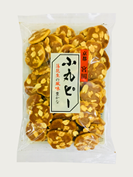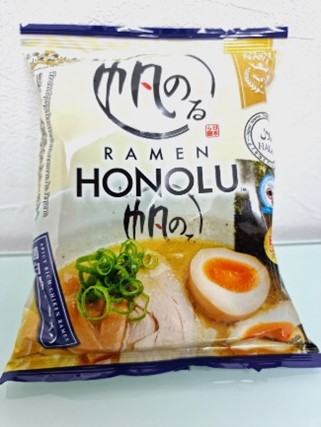
Walking through a grocery store, you may have noticed foodstuffs that show the “Halal Certified” mark. “Halal” means “permitted” in Arabic, and when a food product is halal certified, it means that it’s been prepared in accordance with Islamic dietary laws. Prohibited ingredients in halal food include pork and alcohol.
In July 2022, umamill Corp., a SoftBank Corp. (TOKYO: 9434) group company that operates its own Japanese food export support platform called "umamill," strengthened its lineup of halal food products in cooperation with Asset Frontier, a Japan-based exporter that specializes in halal-certified Japanese food. Drawing on Asset Frontier’s lineup of approximately 500 halal processed foods, umamill added 250 of Asset Frontier’s popular halal items to its menu.
Halal food represents growth opportunity
umamill’s mission is to help Japan’s food producers overcome cost, know-how and language barriers associated with exports so they can access global markets. In line with this goal, halal food represents a great opportunity. According to Pew Research, the number of Muslims worldwide is expected to grow from approximately 1.6 billion in 2010 to almost 2.8 billion in 2050. Given this trend and the growing appetite for Japanese food in countries with large Muslim populations, halal-certified Japanese food represents a major potential market for umamill and its food production partners.
Halal Japanese food samples on the umamill platform
Below is a small sampling of halal Japanese foods available from umamill and its partners. Please check the umamill platform for more!

This is a popular local confection from Hokkaido, the northern part of Japan that has also become a popular tourist destination for Muslims in more recent years. This snack’s fluffy chiffon dough and thick cream blended with fresh cream and custard is made with high quality Hokkaido ingredients, including eggs, raw milk and wheat flour.

These senbei (crackers) are made with soft and aromatic peanuts by a long-established confectionary producer in Kyoto, a popular tourist spot and Japan’s cultural center. The crispy texture is baked by using a unique direct flame process.

These are instant ramen noodles by Halal ramen restaurant Menya Honolu. The noodles are made from 100% Hokkaido wheat flour. No eggs are used, and natural brine is used to give the noodles a fresh taste. The ramen soup is halal certified.
(Posted on July 29, 2022)
by SoftBank News Editors


